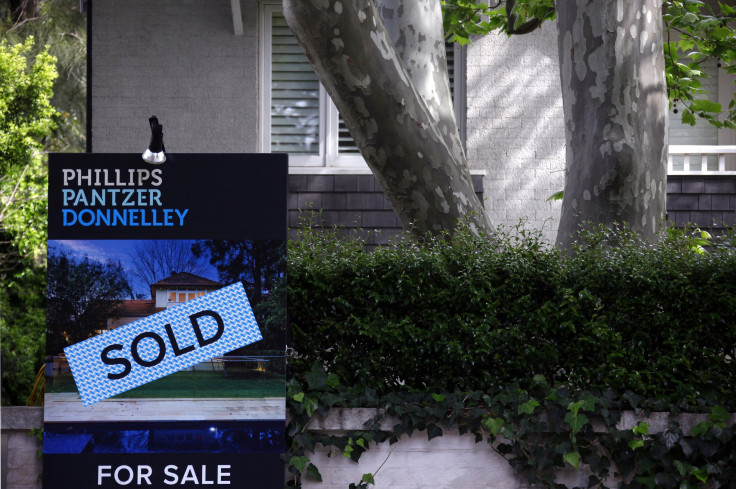Australia is in a housing bubble amid property price surge, says investment banker

An investment banker has warned home buyers in Australia that property prices would continue to rise in future but the Federal Government will not do anything to burst the bubble because Australia "simply can't afford it."
Australia could witness coming in of new money if China’s market shows any signs of instability, Saxo Capital Asia's macro strategist Kay Van-Petersen has said. The prices of housing property in Australia, especially in Sydney and Melbourne, have been extremely high, going beyond many people’s capacity. For instance, the median house in Sydney was sold at AU$1 million in July.
Van-Petersen said that the Australian government has to first acknowledge that the market was “inflated” and also try to control the escalating price rise through best possible means. "If they wanted to prick it, they could, but Australia simply cannot afford to,” he said.
"Australia can't afford for property to have a hard landing. If housing prices bust, the banks will get hit hard. And then what is there? It's in everyone's interests right now," Van-Petersen added.
According to the Sydney Morning Herald, house price rate has risen by 9.8 percent this year and the maximum growth (4.7 percent) was marked in between March and June quarters. American multinational financial services corporation Morgan Stanley believes that prices have reached a point from where it could no longer increase. On the contrary, Van-Petersen argues that housing prices will continue to surge, more so when the government wouldn’t be doing anything about it
Van-Petersen also cited examples of strong policies of adjustments adopted by New Zealand and Singapore and advised the Australian government to reduce the high stamp duty tax it charges from the foreign property buyers from properties of more than AU$15 million.
Investment bank Goldman Sachs estimated that the markets in Sydney and Melbourn were overvalued by 20 percent. The warning comes in a phase of economic slowdown, where trade has lessened and mining companies have faced a plunged market value amid tumbling commodity prices and a slowing China.
The International Monetary Fund (IMF) has also raised its voice on Australia's property prices and whether the country is in a potential housing bubble. In a report released by IMF on the Australian economy, it has warned Australians of facing a potential housing bubble and has advised it to invest in infrastructural development to meet the housing shortage.
"Buoyant housing investor lending has recently prompted regulatory action to reinforce sound residential mortgage lending practices," the report stated.
Contact the writer at feedback@ibtimes.com.au, or let us know what you think below.





















